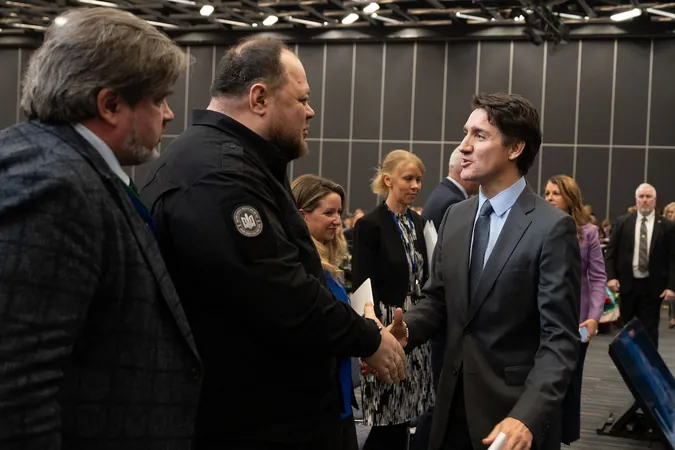
Trudeau Strongly Opposes Any Concessions to Russia Over Ukrainian Territory
2024-11-25
Author: William
Trudeau's Declaration at NATO Assembly
In a powerful declaration at a NATO assembly of parliamentarians in Montreal, Prime Minister Justin Trudeau emphatically stated that Canada will not support the idea of allowing Russia to retain any territory acquired during its ongoing invasion of Ukraine. This stance highlights a broader concern that ceding ground to aggressor nations could set a dangerous precedent, emboldening other hostile states to act similarly against their neighbors.
Geopolitical Context
Trudeau's remarks come in a critical geopolitical climate, with the upcoming inauguration of Donald Trump as president of the United States just two months away. Trump has expressed intentions to expedite an end to the war but has been vague about whether Ukraine might need to surrender land to Russia, raising alarms about potential shifts in U.S. foreign policy.
Russia's Demands and Trudeau's Response
Russian President Vladimir Putin has repeatedly made clear his demands for a ceasefire, insisting Ukraine must abandon its aspirations for NATO membership and relinquish control over four provinces that Moscow claims. Trudeau's rhetoric rebuffs these demands, asserting that giving Russia even a nominal amount of Ukrainian land would contradict the principles of a rules-based international order, principles that have been upheld since World War II.
Canada's Support for Ukraine
Canada has stepped up significantly to support Ukraine, committing over $19.5 billion to aid efforts, which includes military assistance worth $4.5 billion. This support has involved sending critical equipment such as Leopard 2 tanks, armored vehicles, and artillery systems. During his address, Trudeau acknowledged that some Canadians question the relevance of supporting a nation so distant from their own, but he emphasized the importance of defending international order against forces that threaten it.
Military Spending and NATO Commitments
The Prime Minister also addressed concerns over Canada’s military spending, which currently stands at around 1.37% of GDP, falling short of NATO's target of 2%. He pushed back against critics who have labeled his administration as not pulling its weight within the alliance, noting a commitment to ramp up military expenditures to meet NATO standards by 2032.
Warnings Against Isolationism
As geopolitical tensions escalate, Trudeau warned against the pitfalls of isolationism and the tendency to prioritize immediate domestic concerns over international commitments. He argued that in a time of global anxiety and uncertainty, countries must not retreat from their alliances or responsibilities, particularly regarding support for allies like Ukraine.
Broader Implications of the Conflict
In a separate discussion, Mike Waltz, a senior advisor to President Trump, expressed concerns regarding heightened conflict in Ukraine and the need for a resolution that brings both sides to negotiations. He pointed out the implications of involvement from nations like North Korea and Iran in the conflict, raising the stakes of the ongoing warfare.
Global Consequences of Decisions
As the situation continues to evolve, the global community watches closely, recognizing that decisions made now could have far-reaching consequences for international relations and the stability of the global order. Trudeau's firm position on the Ukrainian crisis underscores Canada's commitment to uphold these principles, even amidst rising challenges.

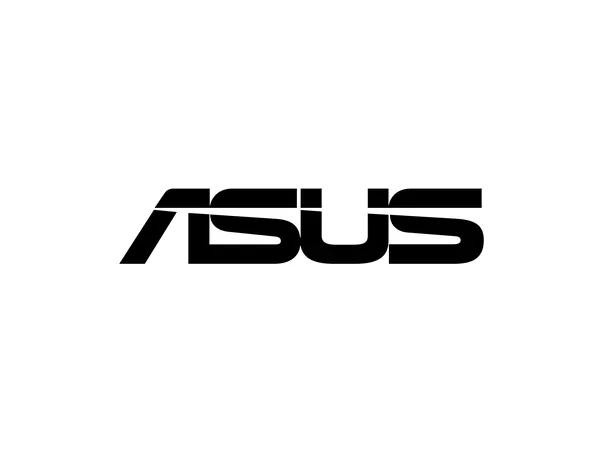




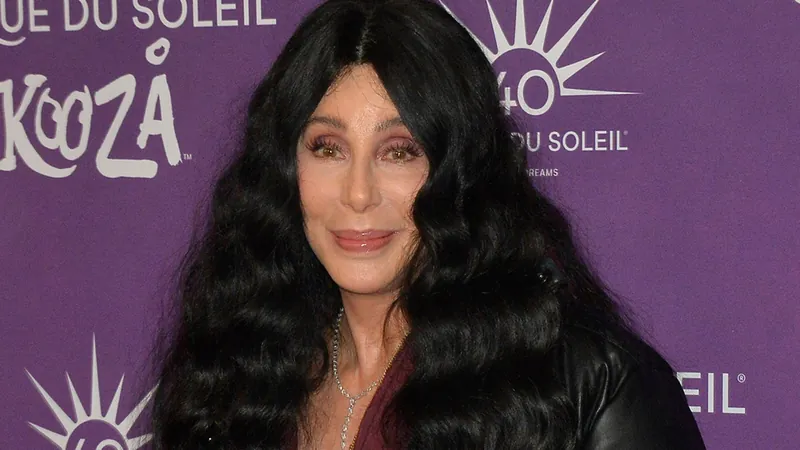
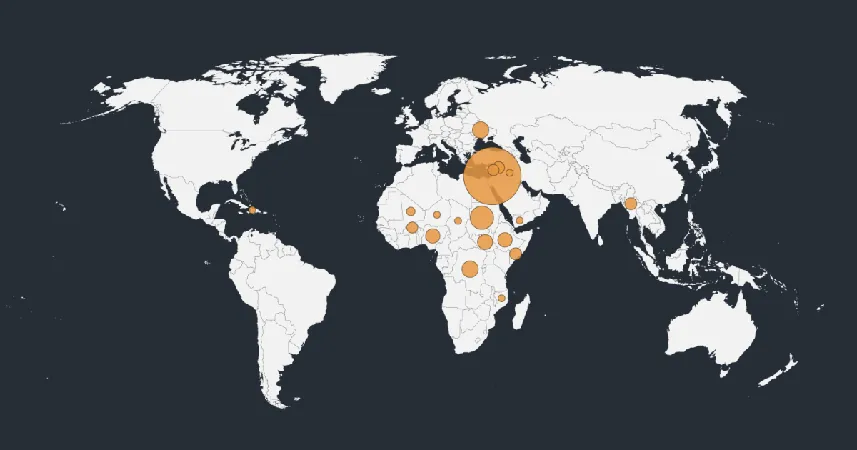
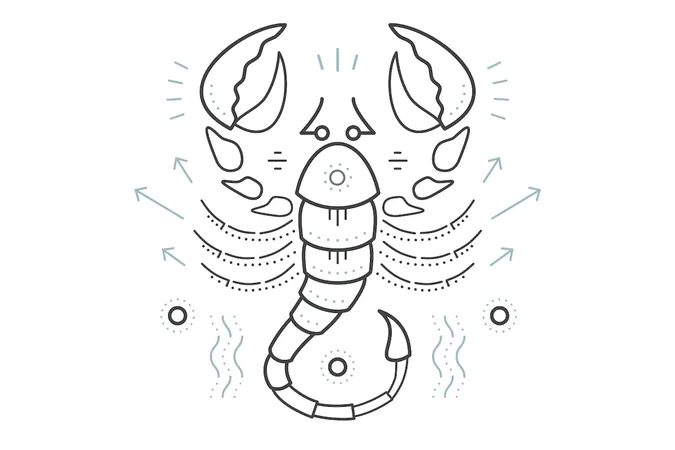
 Brasil (PT)
Brasil (PT)
 Canada (EN)
Canada (EN)
 Chile (ES)
Chile (ES)
 España (ES)
España (ES)
 France (FR)
France (FR)
 Hong Kong (EN)
Hong Kong (EN)
 Italia (IT)
Italia (IT)
 日本 (JA)
日本 (JA)
 Magyarország (HU)
Magyarország (HU)
 Norge (NO)
Norge (NO)
 Polska (PL)
Polska (PL)
 Schweiz (DE)
Schweiz (DE)
 Singapore (EN)
Singapore (EN)
 Sverige (SV)
Sverige (SV)
 Suomi (FI)
Suomi (FI)
 Türkiye (TR)
Türkiye (TR)